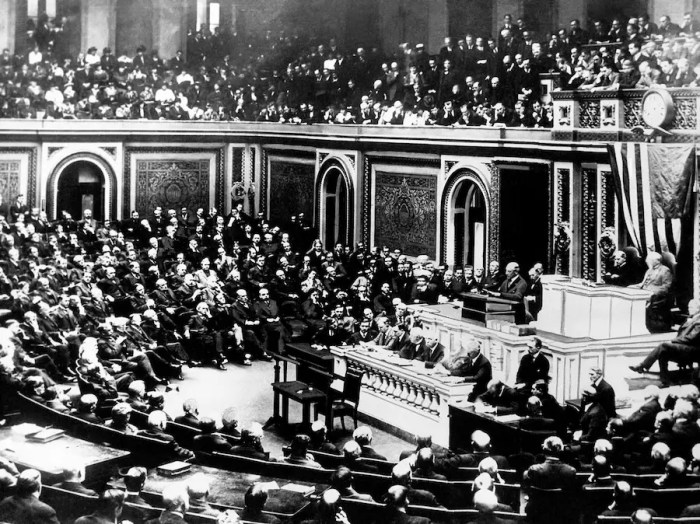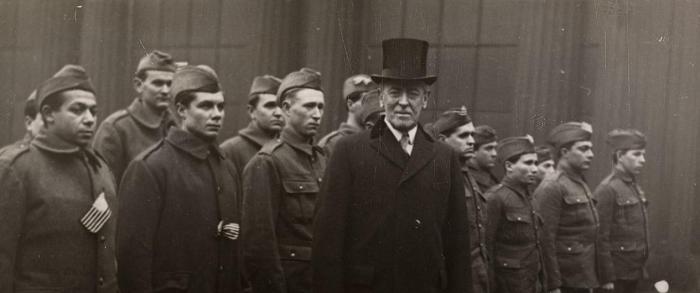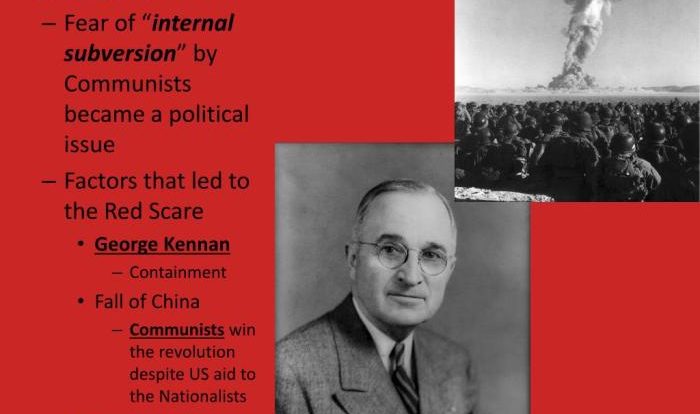Wilson’s fourteen points and the treaty of versailles answer key – The Treaty of Versailles and Wilson’s Fourteen Points played a pivotal role in shaping the post-World War I world order. This comprehensive guide provides an in-depth analysis of these key historical events, exploring their significance, impact, and lasting legacy.
Wilson’s Fourteen Points, a set of principles proposed by U.S. President Woodrow Wilson, Artikeld his vision for a peaceful and just postwar world. These points formed the basis for negotiations at the Paris Peace Conference, ultimately leading to the signing of the Treaty of Versailles in 1919.
Introduction: Wilson’s Fourteen Points And The Treaty Of Versailles Answer Key

Wilson’s Fourteen Points were a set of principles proposed by U.S. President Woodrow Wilson for the post-World War I peace settlement. The Treaty of Versailles, signed in 1919, was the main treaty that ended the war and incorporated many of Wilson’s ideas.
These events had a profound impact on the post-World War I world order.
Wilson’s Fourteen Points

- Open covenants of peace, openly arrived at: No secret treaties or agreements.
- Freedom of the seas in peace and war: All nations to have equal access to the seas.
- Removal of economic barriers: Free trade and no tariffs or other barriers to commerce.
- Reduction of armaments: All nations to reduce their military spending.
- Impartial adjustment of colonial claims: Colonies to be given the right to self-determination.
- Evacuation of Russian territory: All foreign troops to be withdrawn from Russia.
- Restoration of Belgium: Belgium to be restored to its pre-war borders.
- Liberation of French territory: All French territory occupied by Germany to be liberated.
- Rectification of Italian frontiers: Italy to be given control of the Brenner Pass.
- Autonomy for the peoples of Austria-Hungary: The Austro-Hungarian Empire to be broken up into separate nation-states.
- Evacuation of the Balkans: All foreign troops to be withdrawn from the Balkans.
- Establishment of an independent Poland: Poland to be recreated as an independent nation-state.
- Creation of a League of Nations: An international organization to be created to promote peace and cooperation.
- Guarantee of territorial integrity: All nations to have their territorial integrity guaranteed.
Treaty of Versailles

The Treaty of Versailles was the main peace treaty that ended World War I. It was signed on June 28, 1919, at the Palace of Versailles in France. The treaty imposed harsh penalties on Germany, including:
- Germany lost territoryto France, Belgium, Denmark, and Poland.
- Germany lost all of its overseas colonies.
- Germany was forced to pay reparationsto the Allied Powers.
- Germany was limited in its military size.
- Germany was forced to accept responsibility for starting World War I.
Comparison and Contrast
Wilson’s Fourteen Points and the Treaty of Versailles were similar in some ways. Both documents called for a just and lasting peace, and both recognized the need for international cooperation. However, there were also some important differences between the two documents.
Wilson’s Fourteen Points were more idealistic than the Treaty of Versailles. Wilson’s points called for a world without secret treaties, economic barriers, or armaments. The Treaty of Versailles, on the other hand, was more pragmatic. It recognized the need to punish Germany for starting World War I and to prevent Germany from starting another war.
Historical Impact

Wilson’s Fourteen Points and the Treaty of Versailles had a profound impact on the post-World War I world order. The treaty created the League of Nations, which was the first international organization dedicated to promoting peace and cooperation. The treaty also led to the creation of new nation-states in Europe, including Poland, Czechoslovakia, and Yugoslavia.
However, the Treaty of Versailles also had some negative consequences. The harsh penalties imposed on Germany contributed to the rise of Adolf Hitler and the Nazi Party. The treaty also failed to prevent the outbreak of World War II.
Q&A
What were the main goals of Wilson’s Fourteen Points?
Wilson’s Fourteen Points aimed to prevent future wars by promoting open diplomacy, reducing armaments, establishing self-determination for nations, and creating an international organization to resolve disputes.
How did the Treaty of Versailles impact Germany?
The Treaty of Versailles imposed harsh reparations on Germany, stripped it of territory, and weakened its military. This contributed to economic instability and political unrest in Germany, ultimately paving the way for the rise of Adolf Hitler and Naziism.
What were the strengths and weaknesses of the Treaty of Versailles?
The Treaty of Versailles was successful in ending the war, but it also sowed the seeds of future conflict due to its harsh reparations and territorial provisions. It also failed to address the underlying causes of the war, such as nationalism and imperialism.
